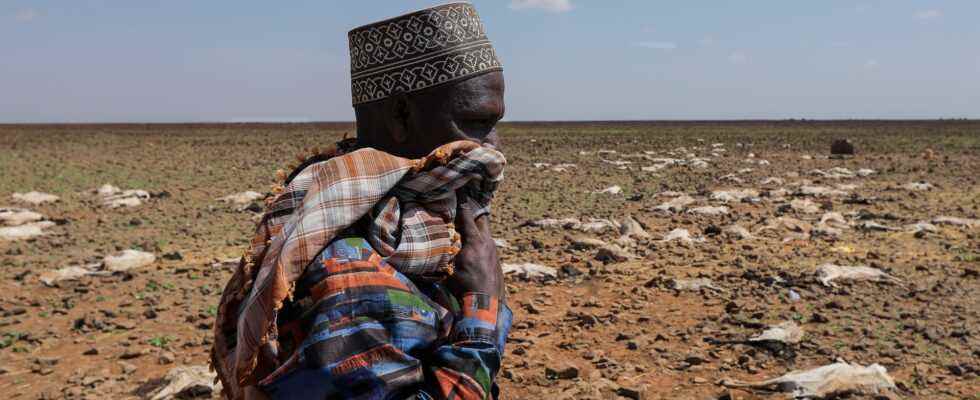So the concept that EU Commission President Ursula von der Leyen presented in December 2019. The goal is to make Europe carbon neutral by 2050. The plan contains new agricultural standards under the keyword “Farm to Fork”: The EU wants to take the lead in setting global nutritional standards.
Exactly. The deal includes the requirement that we must produce organically. But our agriculture has not been that efficient so far. If we wanted to produce most of the food organically, we would have to pay farmers a lot more for their produce. EU consumers would probably not accept these higher costs. In extreme cases, this would mean that many farmers would lose their livelihoods. That’s one.
The other is apparent contradictions: the EU is number two in importing pesticides into the region. So it would make sense for Europe to first stop selling pesticides to Africa and then require that we grow organically. Selling pesticides that Europe itself does not accept is a contradiction that needs to be pointed out.
Do you have any idea how much more expensive organic production would be for farmers in Kenya?
No, we still have to do a study that compares them. Organic farming is still quite a niche market for us. But even with conventional production methods, we are only competitive to a limited extent. For most products, there are other farmers who produce at much lower costs than we do. So we assume that the organic market would completely overwhelm many of our farmers because it would be irrational to expect that a farmer who is not competitive with the conventional method could be competitive in organic farming. Organic farming is technically more demanding than conventional production.
I wasn’t aware that the “Farm to Fork” strategy in the “Green Deal” would mean that what the EU imports must also be produced organically.
